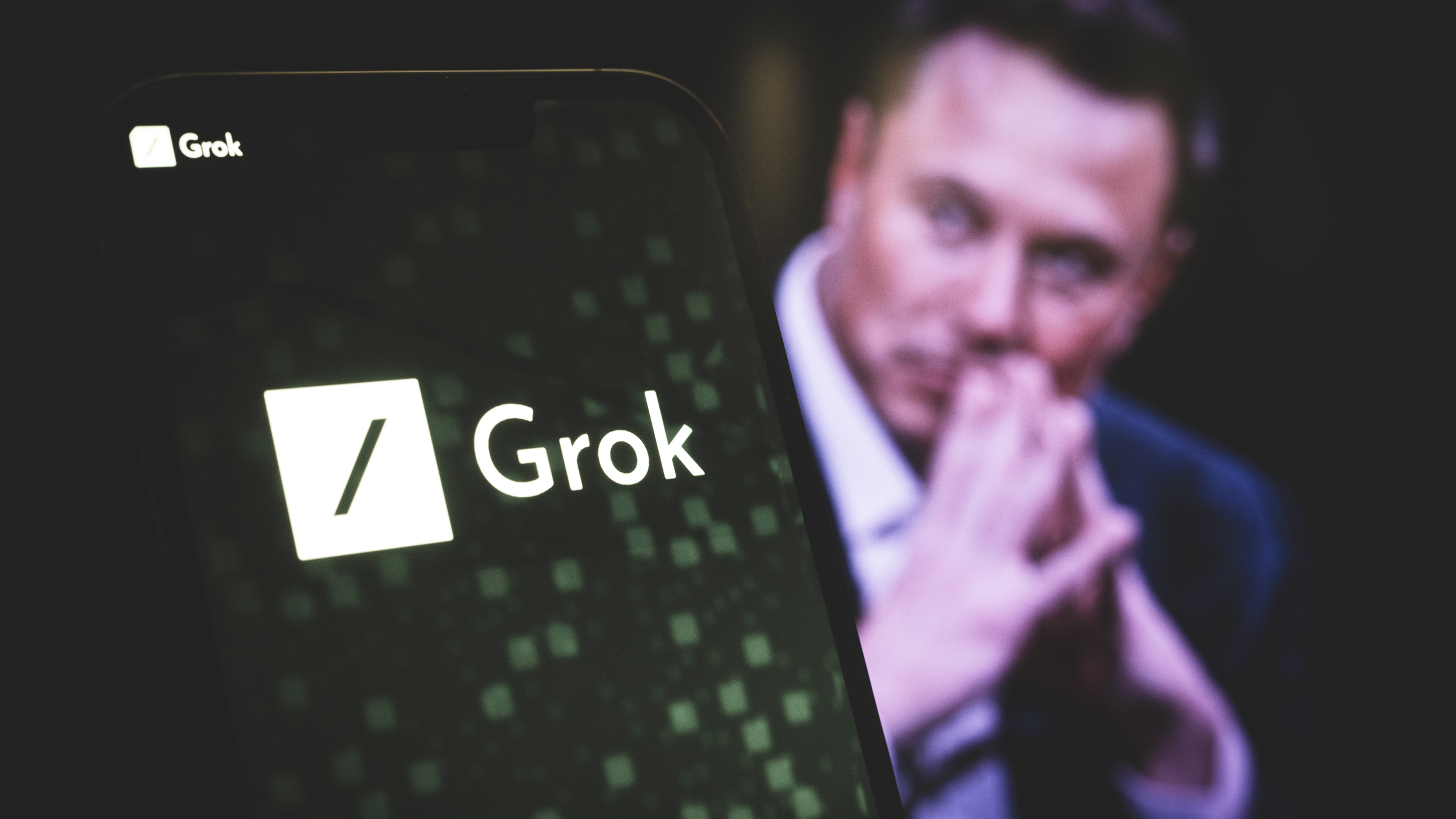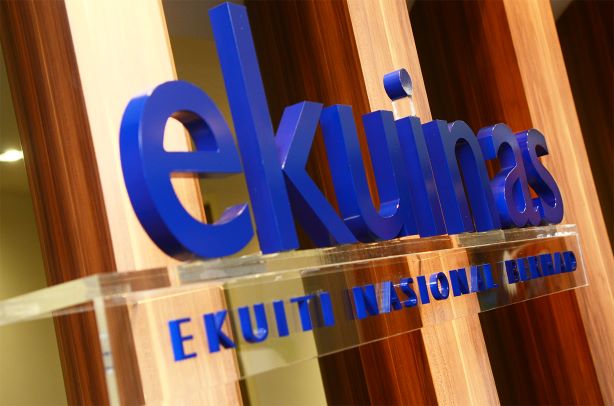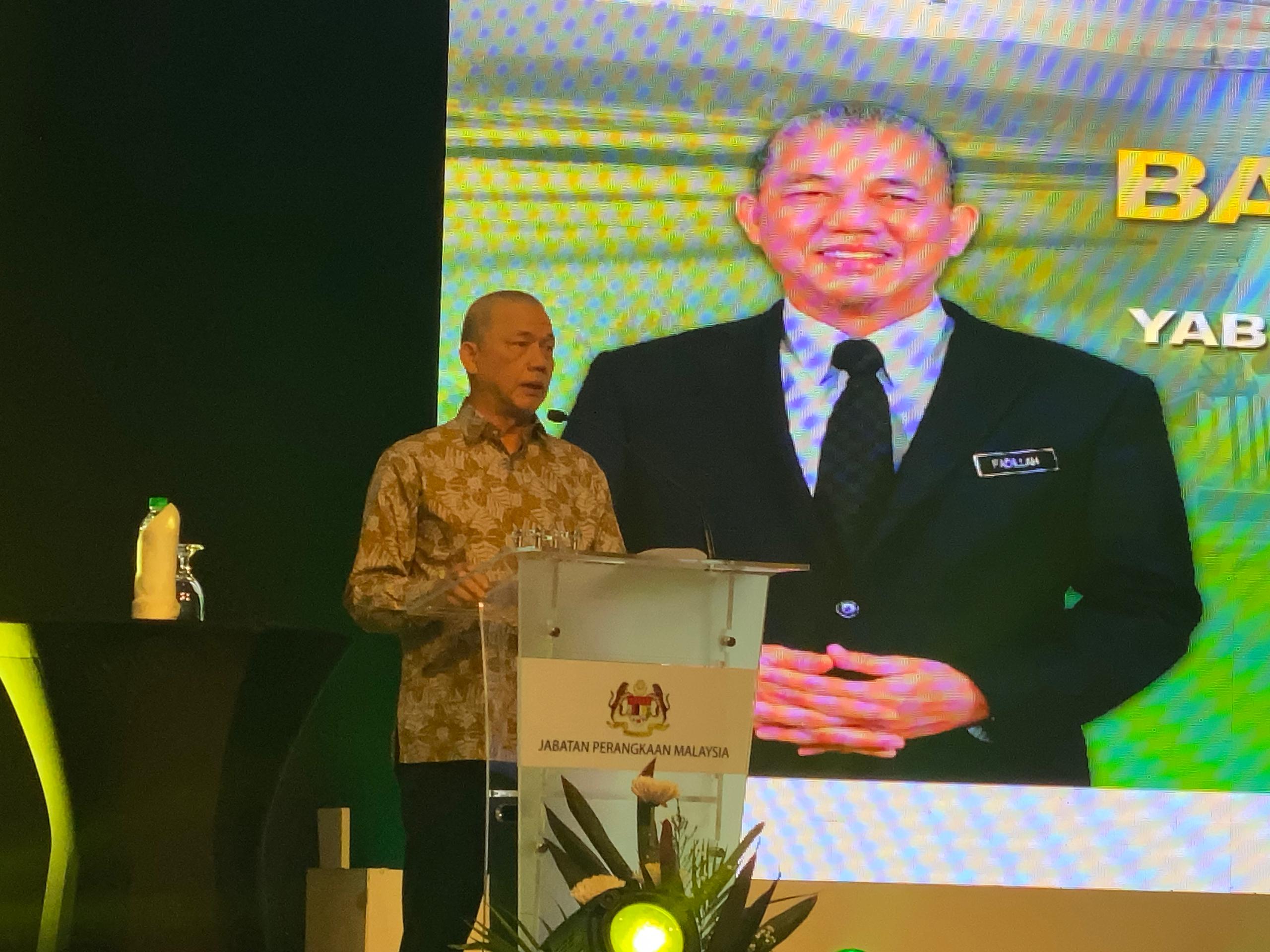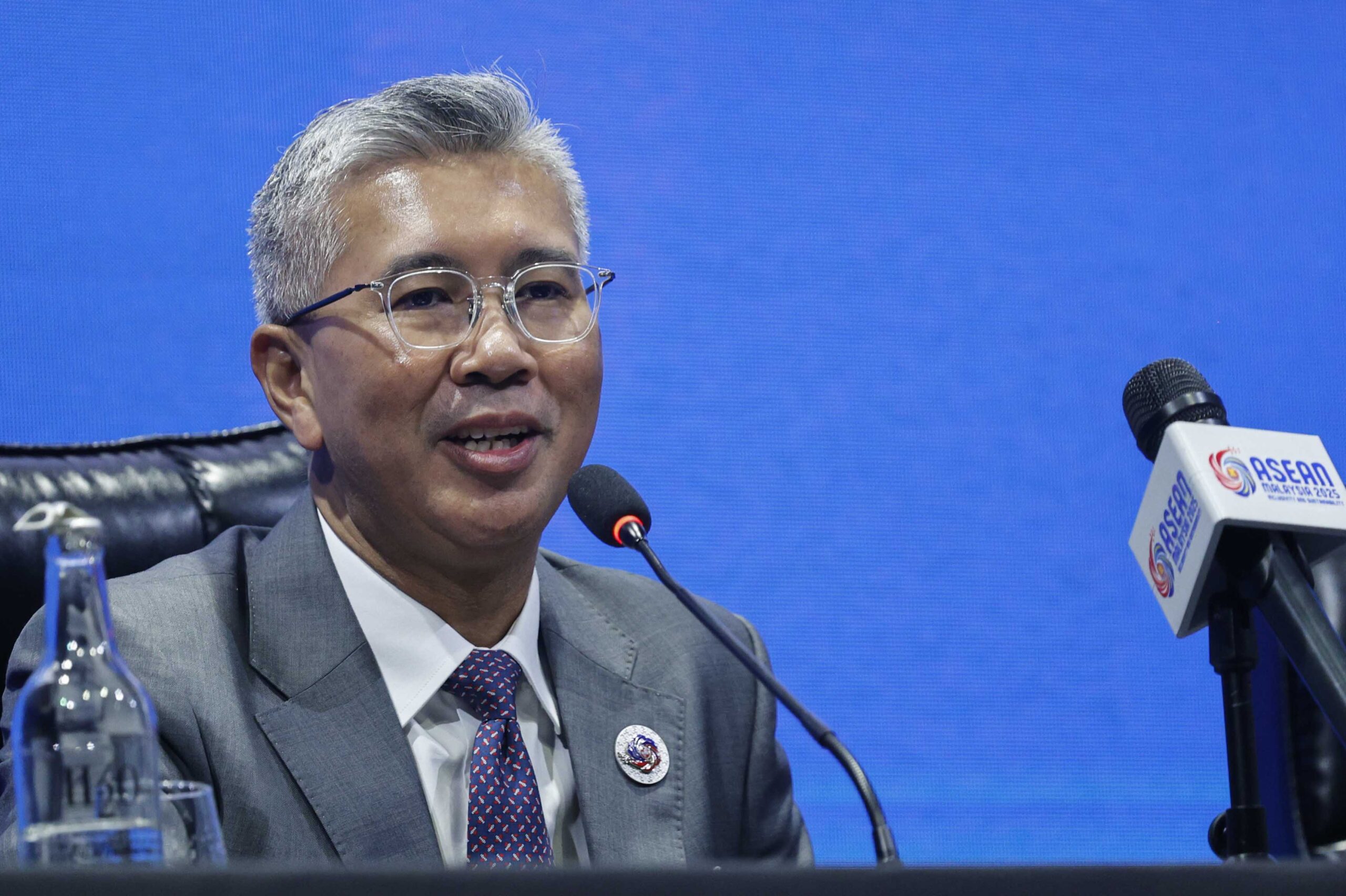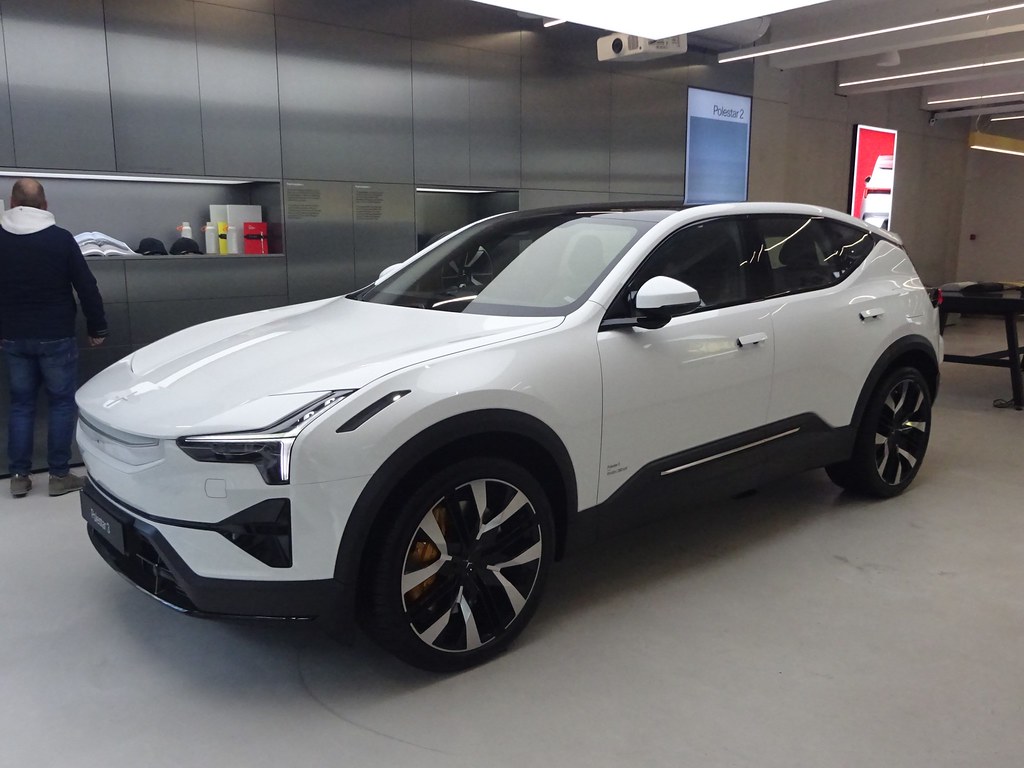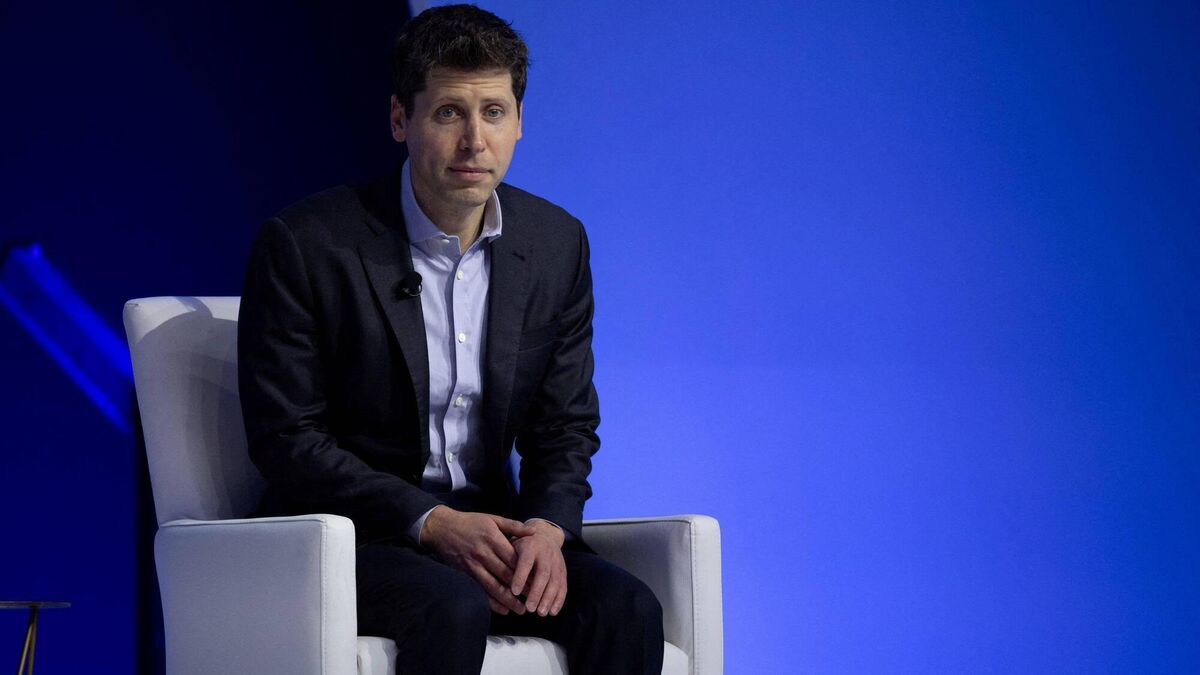Elon Musk’s AI image-generation feature, Grok, has sparked controversy with its lack of safeguards, allowing users to create and share potentially misleading or explicit images directly on the X platform. While it may seem like Musk’s xAI is behind this feature, the technology is actually powered by a new startup called Black Forest Labs, based in Germany. This collaboration was revealed when xAI announced that Grok’s image generator is fueled by Black Forest Labs’ FLUX.1 model, an AI tool that aligns with Musk’s vision of an “anti-woke chatbot.”
Black Forest Labs, which launched on August 1 with $31 million in seed funding led by Andreessen Horowitz, was founded by Robin Rombach, Patrick Esser, and Andreas Blattmann—former researchers who contributed to Stability AI’s Stable Diffusion models. Their FLUX.1 model is reported to surpass the image quality of competitors like Midjourney and OpenAI, according to user rankings on the platform Artificial Analysis.
It looks like Grok’s AI image generator is here. And yes, as expected, very few safeguards pic.twitter.com/AB3IO7A3Dc
— Max Zeff (@ZeffMax) August 14, 2024
The startup has made its models available to the public via Hugging Face and GitHub, with plans to expand into text-to-video AI generation. Despite its stated goal of enhancing trust in AI model safety, the flood of unmoderated images on X since Grok’s launch has raised concerns. Users have generated images that violate copyright laws and depict controversial scenes, such as Pikachu holding an assault rifle, that would not pass the stricter guardrails of Google or OpenAI.
Oh my god. Grok has absolutely no filters for its image generation. This is one of the most reckless and irresponsible AI implementations I've ever seen. pic.twitter.com/oiyRhW5jpF
— Alejandra Caraballo (@Esqueer_) August 14, 2024
Musk’s choice of Black Forest Labs as a collaborator appears driven by his belief that safeguards diminish AI safety, a view he has expressed publicly. This collaboration has already drawn criticism as Grok’s outputs have contributed to a spread of misinformation on the X platform, exemplified by the recent viral AI-generated deepfake images of Taylor Swift and manipulated videos of Vice President Kamala Harris.
The controversy surrounding this partnership highlights the tension between AI innovation and the need for responsible content moderation on social media platforms.






